- waterjel.com - waterjel for burns
- klinickafarmakologie.cz - analgesics of daily use, their risks and development perspective
Planning a holiday? Which medicines should you remember to pack?

Are you planning to travel and have no health problems? Are you counting on your state of well-being to last throughout your holiday? Just so you don't accidentally overbook yourself. If there's a problem at home, people go to the doctor or pharmacy. While it's not impossible to do this abroad either, in some destinations the quality of medication may not be the same as at home. Of course, your wallet may feel the pinch too.
Article content
Holidays are a time of much-needed rest from a year's work. But on the road to peace, we can be surprised by a number of health problems.
Whether in connection with a stay in an exotic landscape or purely by chance, it can make these long-awaited moments unpleasant. What to do if something goes wrong and not everything goes as you expect? Are you really prepared for everything?
What not to forget before the holiday?
A first aid kit should be an integral part of a tourist's luggage. It should also contain medicines and first aid supplies in the event of an accident or other damage to health. But people should think about their health before they pack it.
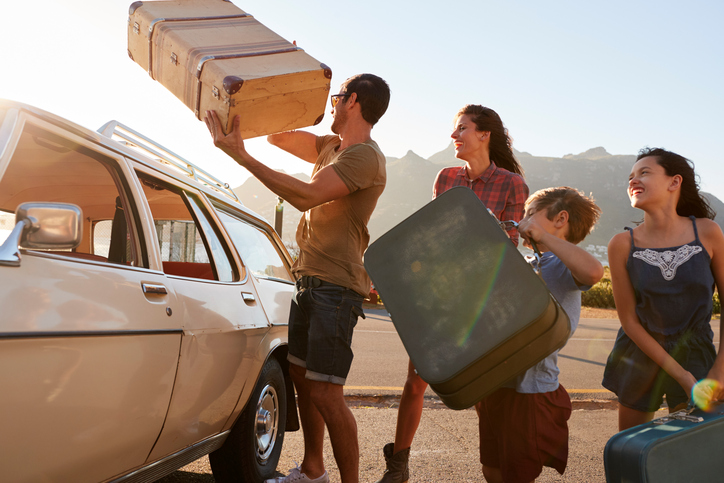
Vaccinations before travelling abroad
It is not always compulsoryto be vaccinated before travelling abroad. However, it is possible to be vaccinated against a disease that is prevalent in the country you are travelling to.
The epidemiological situation can be partly informed by travel agencies, but the most up-to-date and correct information is available from the foreign ministries. Vaccination is carried out in a general practitioner's surgery.
Important: You will have to wait for some vaccines that are not available at the GP's surgery. Therefore, if you are considering vaccination before travelling, you should contact your doctor further in advance.
Health insurance before you travel
- Nowadays, people can insure almost everything. There are an incredible number of insurance companies. For a certain fee, they guarantee financial compensation related to damage, theft of personal belongings or medical costs. It is medical treatment abroad without the necessary insurance that can put a big dent in your budget.
- Before travelling, it is therefore important to think ahead, especially about the traveller's current condition and what he or she might need in connection with a chronic illness (diabetes, high blood pressure). It is also a good idea to know as much as possible about the destination you have chosen and to assess the potential risks you may face there (snakes, scorpions, jellyfish, diarrhoea, plague, malaria).
- The insurance in the country of origin does not cover all or part of the costs. The tourist also has to pay an amount that covers the deductible. This is not at all small in the case of serious illnesses such as myocardial infarction or stroke, where treatment is expensive. It also does not cover the transport of the patient home.
Medicines you take regularly
We are not all born under a lucky star. Someone is healthy until death, another has had a medical condition since birth or early childhood.
Autoimmune diseases, epilepsy, diabetes and various others impair the quality of life and pose certain limitations for the patient. With age come musculoskeletal problems, cardiovascular diseases, high blood pressure.
The above-mentioned problems require regular use of medication. Skipping a dose can cause complications ranging from minor and easily solvable ones to serious ones associated with a threat to human life. For example, when skipping a medicine for high blood pressure, its value can unexpectedly rise suddenly.
Medications for chronic diseases that are not to be forgotten at home:
- medicines for heart and pressure (hypertension, ischemia of the heart, heart failure)
- medicines and sprays for respiratory diseases (asthma, COPD)
- medicines for diabetes (oral antidiabetics, insulin, insulin pens and pumps)
- allergy medications (epipen pen in case of severe reaction)
- medicines for depression and for the treatment of more serious psychiatric illnesses
- medicines for chronic pain conditions (migraine, arthritis, cancer pain)
- other medicines currently in use (antibiotics, medicines for digestive problems...)
Which medicines must not be missing in the travel first aid kit?
The patient knows roughly what to expect from their possible chronic diseases. But apart from these, there are conditions, diseases and injuries that surprise when they are least expected.
That's why when packing your luggage, you must not forget the medicines and first aid supplies for each case. They don't take up much space and you never know when you will need them.
Painkillers
Pain comes either gradually, escalates, becomes unbearable, or suddenly, unexpectedly. Without medication, it is almost impossible to get rid of it.
It can be part of a chronic illness, but also an acutely arising condition. Pains of any kind are common and not avoidable even on holiday.
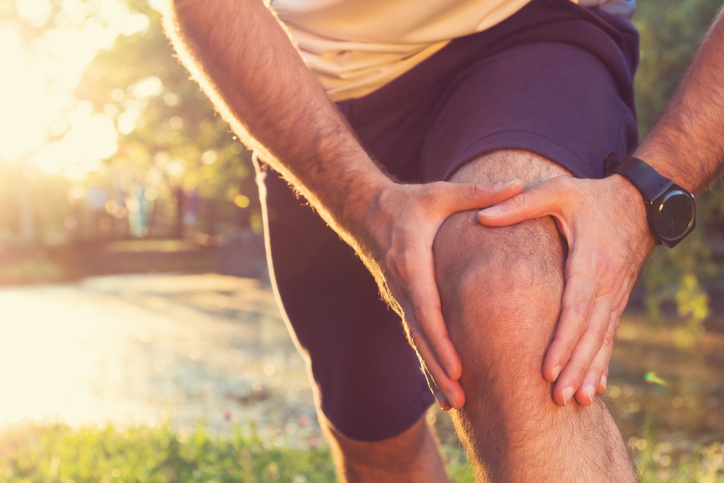
- Analgesics - This is a group of medications whose primary effect is pain control. On vacation (unless you have cancer pain), lower to moderate intensity, over-the-counter painkillers are the best choice.
- Spasmolytics - This group of medications causes relaxation (loosening) of smooth muscles such as the uterus, bladder, gallbladder, pancreas, kidneys. They are used for conditions such as painful menstruation, urinary tract infections, colicky abdominal pain, kidney or gallbladder colic, inflammation or irritation of the pancreas, crampy diarrhea pain.
Medicines for temperature
Temperatures are a part of mainly bacterial diseases, viruses and general overheating of the body from heat.
On vacation, all three are a possibility. Fever as a result of bacterial and viral infections is suppressed with antipyretics (fever-reducing drugs).
_1.jpg)
Interesting fact: The name antipyretic is derived from the word pyrogen (a substance that causes temperature). Pyrogens act on the thermoregulatory center in the brain (temperature center) and it increases. Antipyretics fight pyrogens and "adjust" the thermoregulatory center to the correct temperature of the human body.
- Antipyretics lower the body temperature. In addition, they have a mild analgesic and antiphlogistic (anti-inflammatory) effect. It is important to pack at least two types, because of persistent fever, especially in children, when they need to be combined.
- Wraps are used when the body is overheating, for example when sunbathing or prolonged exposure to the sun. It is only advisable to cool down with a wet towel or shower if the temperature of the water or towel is 5 °C lower than the body temperature.
Caution: it is not advisable to use antipyretics when the body is overheated, for example by prolonged exposure to the sun. They do not help in this case, when the body is not infected by pyrogens. The temperature must therefore be reduced mechanically (shower, wraps).
Medicines against diarrhoea and constipation
The diet and hygiene standards at home and abroad are often very different. The biggest differences are in 'third world' countries such as Egypt. This can cause digestive problems caused by contaminated water and food.
Diarrhoea is more common, especially Pharaoh's Revenge, but also constipation when changing diet. Dirty hands disease and other diseases are also a risk.
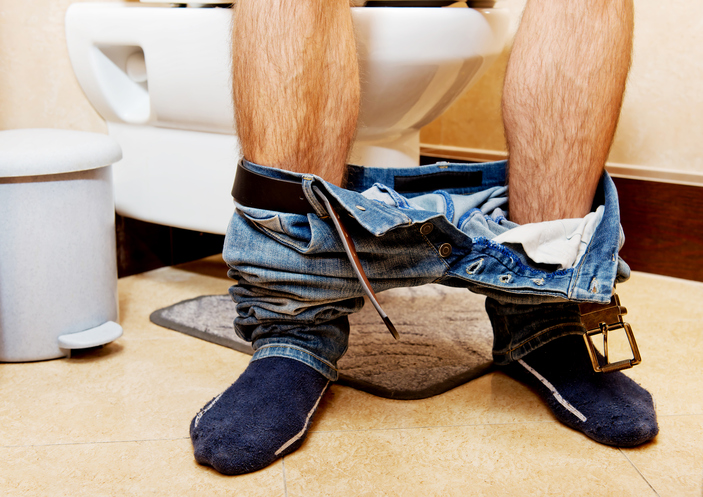
- Medicines for diarrhoea are divided according to what caused it. These include intestinal adsorbents, which bind certain substances and toxins to themselves, intestinal disinfectants, intestinal obstipants or medicines to restore the intestinal microflora.
- Constipation medications are drugs that help with hard stools, difficult and painful defecation or complete constipation without the possibility of defecation.
Medicines for vomiting and heartburn
Varying diets, but also overeating and especially increased intake of alcoholic beverages during the holidays do not have a positive effect on the stomach lining.
The stomach is irritated, gastric juices are produced in increased quantities and gastroesophageal reflux occurs. This is manifested by heartburn and vomiting.
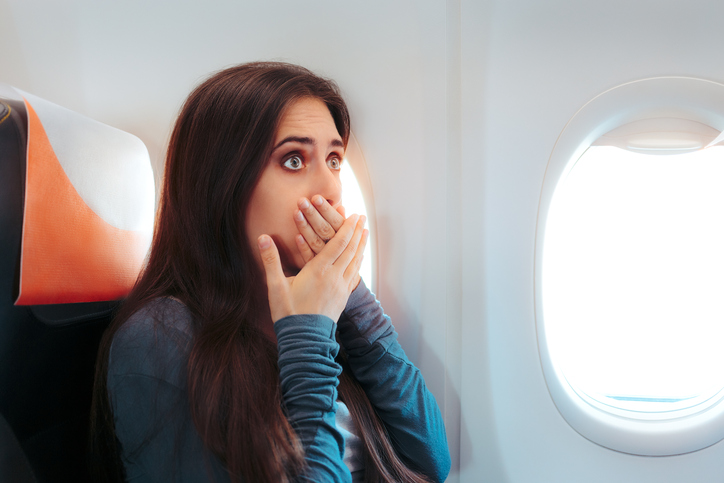
- Heartburn medications - Antacids are given when the esophagus is irritated by gastric juices. This happens when eating heavy meals or overeating. Heartburn is also caused by some sweetened beverages and especially alcohol. Antacids neutralise the acidic environment and get rid of the unpleasant feeling.
- Anti-vomiting and anti-nausea drugs (antiemetics) - These are suitable for persistent vomiting with impending dehydration. However, they are totally inappropriate for vomiting due to intoxication.
Allergy medications
If you are an allergy sufferer, then you should definitely carry your hay fever and allergy medication and epipen with you at all times. Forgetting them can cost you your life.
Maybe you just haven't come into contact with the substance you are sensitive to. It might be waiting for you at your dream destination.
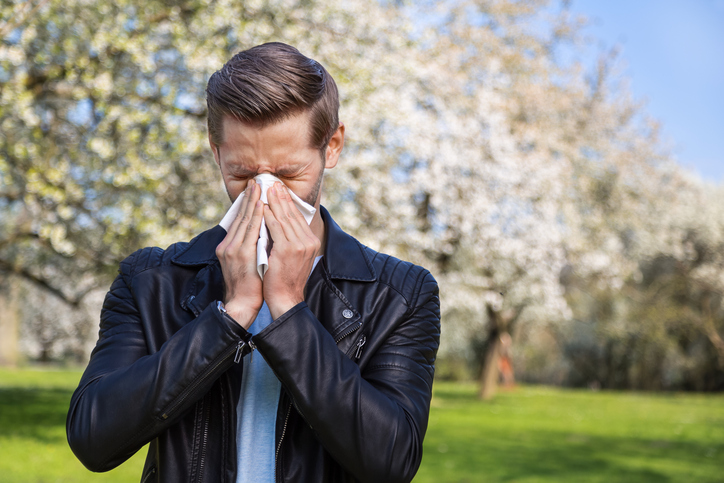
- Antihistamines are allergy medications. They block histamine at a specific receptor. Histamine is a substance that's released when a person encounters an allergen, causing an allergic reaction. They also have a sedative effect, making you drowsy.
Read also:
Summer problems in one place
Summer is comingand you are worried about sun allergies?
Drops and sprays for your eyes, ears, nose and throat
Other conditions such as colds, strep throat, inflammation and irritation can also make our days off unpleasant. Treatment - at least symptomatic treatment - for all these ailments can easily fit into your first aid kit and can be useful at the right time.
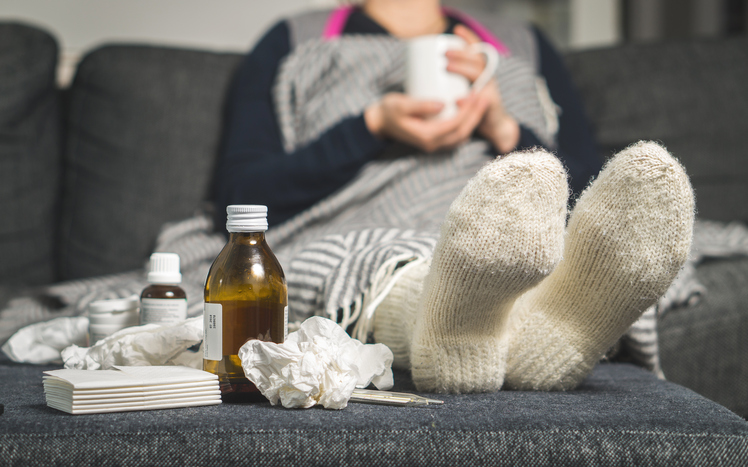
- Sea, sun and sand. A beautiful idyll until your eyes become irritated or puffy. Either plain water or eye drops are best for flushing them out. The eye should be flushed from the inner corner to the outer. Eye drops can be poured on a cotton pad which is placed on the eye. After flushing, soothing eye drops are suitable.
- A muddy sea can get almost everywhere. Ears full of water are nothing special. Ear infections or ear infections can be especially troublesome on holiday, so ear drops are always in order. They relieve not only pain but also local swelling.
- Colds, wind or air conditioner blasts, sore throats, hay fever or stuffy noses. These are all unpleasant conditions that can cause you to spend your holiday in bed under a blanket rather than on the beach under an umbrella. Nasal sprays relieve stuffy noses. Sucking tablets, gargles or syrups and sprays help with sore throats.
An important non-medicinal part of the first aid kit
- Preparations for skin burns and sunburn are important, especially if you are travelling in the sun. Creams, body lotions with SPF and cooling lotions after sunbathing may sometimes not be enough. It is advisable to pack good old panthenol or the newly used natural collagen. Aloe vera also has cooling and moisturising effects.
- Preparations and aids for abrasions, wounds and bleeding are always in place. You never know when an injury will occur. One small disinfectant solution won't take up much space. Sterile cover, foam to stop bleeding or a bandage can become important in certain situations. Quick bandages, plasters (waterproof) and gauze can be stuffed almost anywhere.
- Tweezers can also come in handy for small punctures or for pulling glass or a small foreign body out of a wound, as well as a tick. Small scissors are a versatile tool for cutting bandages or plasters. Also, a thermometer for taking temperatures should not be forgotten.
The most common holiday problems

Travelling to sunny countries has its risks. You can suffer from sunstroke, sunburn or even sunburn.
The sea and water in turn brings with it ear or urinary tract inflammation, eye irritation from salt, sea or chlorine water. In worse cases, drowning or drowning can occur.
In risky areas, there is a risk of being burned by a jellyfish or bitten by an exotic species of mosquito.

In mountainous areas, ticks and some species of snakes can lurk.
Climbing up some rocky sections and long hiking trails cause blisters and abrasions. Falls in the mountains can be serious or fatal.
When preparing for a trip to the mountains, be sure to study how to use your cell phone to correctly find the coordinates of where you are.
This way, in the event of a serious accident, rescue services can easily track you down.
Tips for the end
- Have you made a list of all the medicines and things you need, but forgotten that the medicines are for adults? This can be a problem if you have young children travelling with you. Adult medicines are inappropriate for children, sometimes contraindicated. For the little ones, medicines in doses intended for children are needed.
- Have you packed help for everything, but forgotten just what you currently need? In the mountains this can be a problem. In hotels you can always ask your delegate or a medical officer or doctor.
Interesting resources
Related










